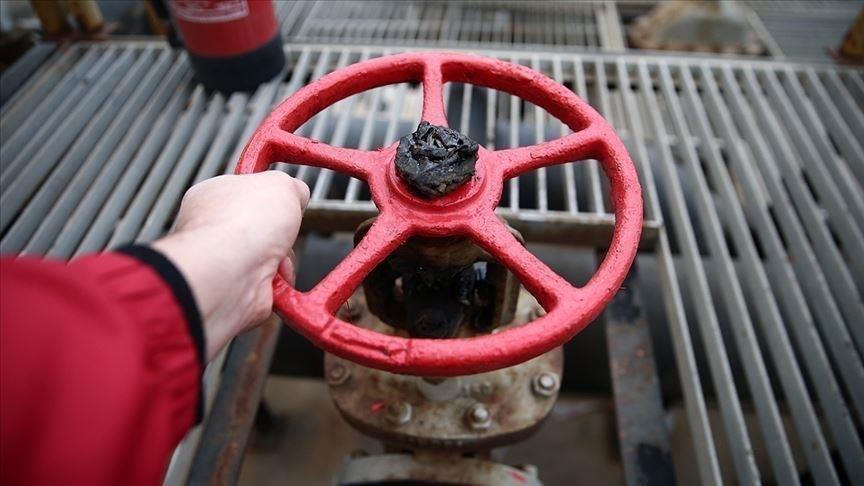More severe consequences could arise if Russia halts its natural gas flows to other large countries or individual buyers like Germany or Italy, according to Rystad Energy on Wednesday.
In continued fallout from the Ukraine war, the announcement from Russian energy giant Gazprom to halt supplies to Poland and Bulgaria on Wednesday due to their refusal to pay for Russian gas imports in rubles has so far not had a big impact on the entire European market.
Gazprom said neither Bulgaria nor Poland had paid for supplied volumes as of Tuesday, April 26.
However, Rystad warned that the Russian move to cut natural gas to Poland and Bulgaria might set a precedent.
It said that a scenario of an all-out halt in flows could send trade on the Dutch Title Transfer Facility (TTF) Virtual Trading Point to over $100 per Metric Million British Thermal Unit.
'For now, the volume affected with Bulgaria and Germany is relatively small, but the chance of this happening with other countries that refuse the rubles payment demand is not zero,' it warned.
The move is the first Russian reprisal at the West for the imposition of a natural gas embargo and a broad range of sanctions on Moscow in the wake of Russia’s war on Ukraine, which began on Feb. 24.
It has also spurred an exodus of global firms from Russia, ranging in sectors from technology to automotive, energy, retail and various others.
The price of natural gas per megawatt-hour in Europe increased by around 13.4% after Russia wielded its energy weapon for the first time by blocking gas to Poland and Bulgaria.
However, Rystad Energy said the gas market had already priced in this potential escalation and the swing is far less than at the start of the war in Ukraine.
As the two counties are transit states, Gazprom also warned that if any gas bound for third counties is diverted for Bulgaria or Poland, these supplies would be cut by an equivalent volume.
-Poland diversifies natural gas sources
Poland, with its reliance on Russia for half of its natural gas imports of 10 billion cubic meters (bcm) per annum, had already decided not to renew its contract with Gazprom which expires at the end of the year.
The Polish energy system will likely feel some pressure from the loss in flexibility, but this may be short-lived as they ramp up supplies from other sources, Rystad said, adding that Poland will not need to cut supplies to consumers.
Poland is planning to replace Russian gas with Norwegian gas that is set to start flows through the Baltic pipeline on Oct. 1, in addition to a bi-directional pipeline connecting Lithuania that will start on May 1.
The regasification terminal at Klaipeda FSRU in Lithuania is currently running at full capacity.
However, Poland also plans to ramp up LNG imports from across Europe and the Swinoujscie LNG regasification terminal has been increasing its capacity since March.
The country’s storage level has increased to 75% capacity compared to the average 40% level for this time of year.
-Bulgaria seeks out other supply sources in Azerbaijan
Bulgaria is 100% dependent on Russian piped gas imports, and similar to Poland will end its contract with Russia at the end of the year.
In an aim to diversify its energy imports to avoid relying solely on Russian imports, the country struck a deal to purchase gas from Azerbaijan, an option described by Rystad as feasible and relatively immediate.
And despite the capacity constraints on the Greece-Bulgaria interconnector, Rystad said it expects a resolution to these later this year.
By Sibel Morrow
Anadolu Agency
energy@aa.com.tr


